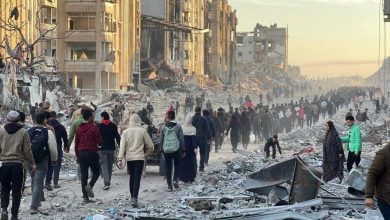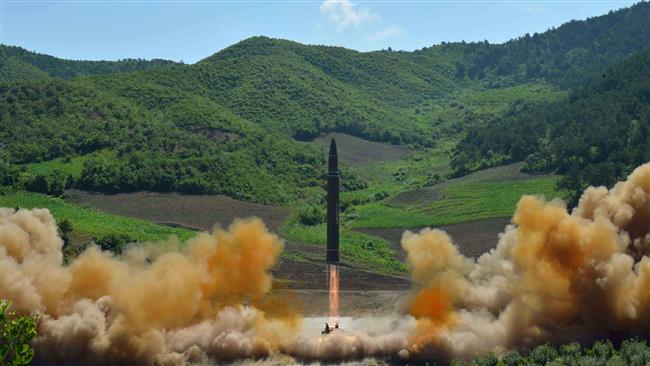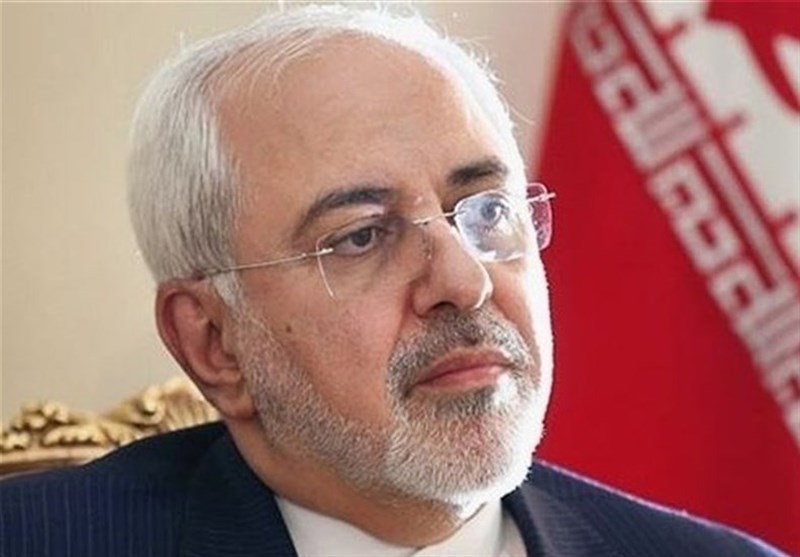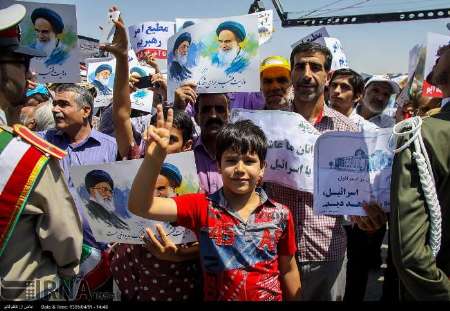Video of Brown’s shooting death sparks fresh protests in Ferguson
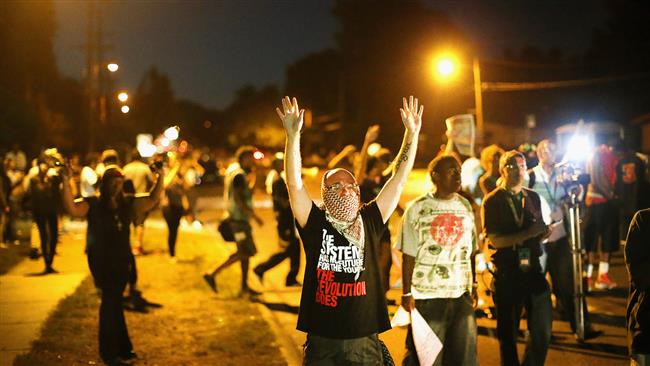

A newly released surveillance video of a black teenager’s shooting death in 2014 has triggered fresh protests in the US city of Ferguson in Missouri.
People gathered in Ferguson on Monday night after news emerged of the new video that challenges the official story about what happened to Michael Brown on August 9, 2014.
Shortly before midnight, several shots were heard from the place where people were protesting, but there appeared to be no injuries among protesters.
However, police claimed that an officer suffered a broken nose when a female demonstrator punched him in the face as he tried to make an arrest.
The released footage disclosed by documentary filmmaker Jason Pollock shows that Brown did not rob a shop, as police claimed, but instead exchanged marijuana for cigars.
“They destroyed Michael’s character with the tape, and they didn’t show us what actually happened,” Pollock told the New York Times. “So this shows their intention to make him look bad. And [it] shows suppression of evidence.”
It contradicts the video released by police showing Brown threatening the shopkeeper as he walks out with cigars.
The 18-year-old African American was moments later shot dead by a white officer. Policeman Darren Wilson was cleared of wrongdoing by investigators.
In November 2014, a predominantly white grand jury — of nine white and three black judges — decided not to indict Wilson for killing Brown, causing months of unrest across the country.

African Americans are far more likely to be shot, arrested and imprisoned by police than any other racial group, according to various studies.
Experts say the dramatic gap in police shootings and prison rates reflects biased policing as well as the vast economic and educational inequalities that plague much of the country.
